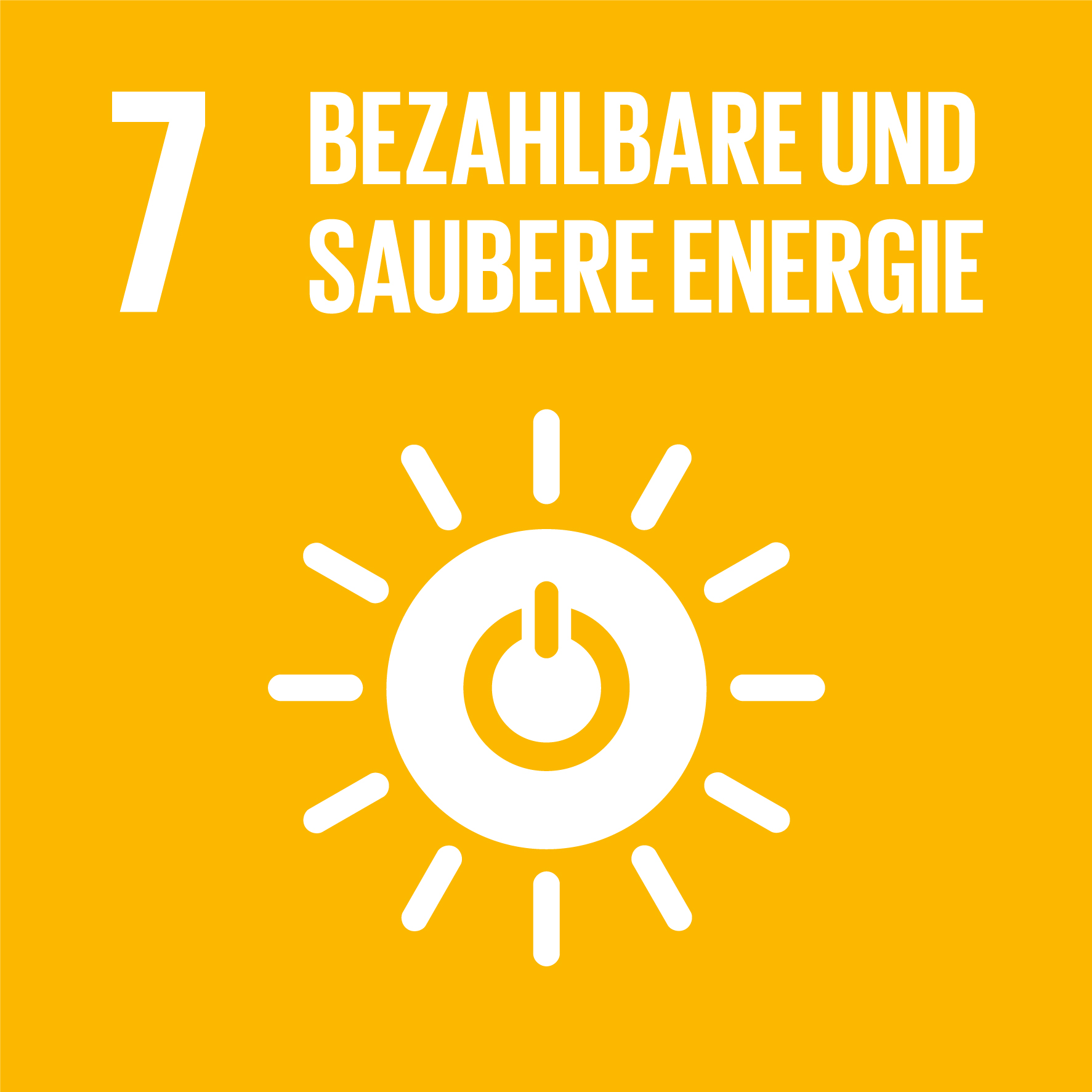InnoTurbinE
Verbundprojekt: Innovative Turbomaschinen für nachhaltige Energiesysteme. Teilvorhaben: Faseroptische Sonden für Hochtemperaturmessungen im Gaskanal
Field of research:
- Duration:
- 01.08.2020 - 31.07.2024
- Project status:
- compleated
- Institutions:
- Department of Applied Sciences and Mechatronics
- Project management:
- Prof. Dr. Johannes Roths
- Funding program:
- 7. Energieforschungsprogramm
- Third-party funding type:
- Bund, Private Dritte
- Project type:
- Forschung
Innovative turbomachines are indispensable for the success of targeted CO2 reduction in Germany's energy supply. Challenges for modern gas turbines include the increase in energy efficiency, the increased fuel flexibility (e.g. increased use of hydrogen) and the improved load flexibility. The latter is necessary, for example, to compensate for the high variability of renewable energy sources in the power supply. Munich University of Applied Sciences is involved in new developments in the realm of turbomachines as part of the InnoTurbinE joint project, which is being carried out by AG Turbo, an association of world market leaders in the turbomachinery industry and German universities. AG Turbo receives funding as part of the German government's 7th Energy Research Programme.
In the sub-project "Fibre-optic probes for high-temperature measurements in gas ducts", which is being carried out as a close cooperation between the HM Photonics Laboratory and MTU Aero Engines AG, fibre-optic sensors will be developed that will enable novel gas turbine experiments to increase their efficiency.
To measure the total temperature in a gas channel, probes with stagnation tubes (Kiel heads) are installed. Using fiber optic sensors, total temperature profiles with 15-20 measuring points will be mapped with high precision for the first time. Compared to conventional single point temperature sensors, fibre optic sensors have a larger number of measuring points and require considerably less cabling installation due to their multiplexing capability.
In particular, this project uses fibre Bragg gratings (FBG), which allow use at temperatures of up to 700°C by means of a high-temperature regeneration process. These sensors are developed using a laser-based process in the Photonics Laboratory at the Munich University of Applied Sciences. The measuring point density will be increased by reducing the RFBG length down to ≤1mm and the distance down to ≤2mm.
Assembly and mounting techniques are being developed to operate the optical fibre in the gas duct of the turbine. To estimate the influence of the assembly techniques, e.g. heat conduction, on the measurement result, FEM simulations will be performed.
Project funding
Project sponsor
Addressed sustainability goals (SDGs)

